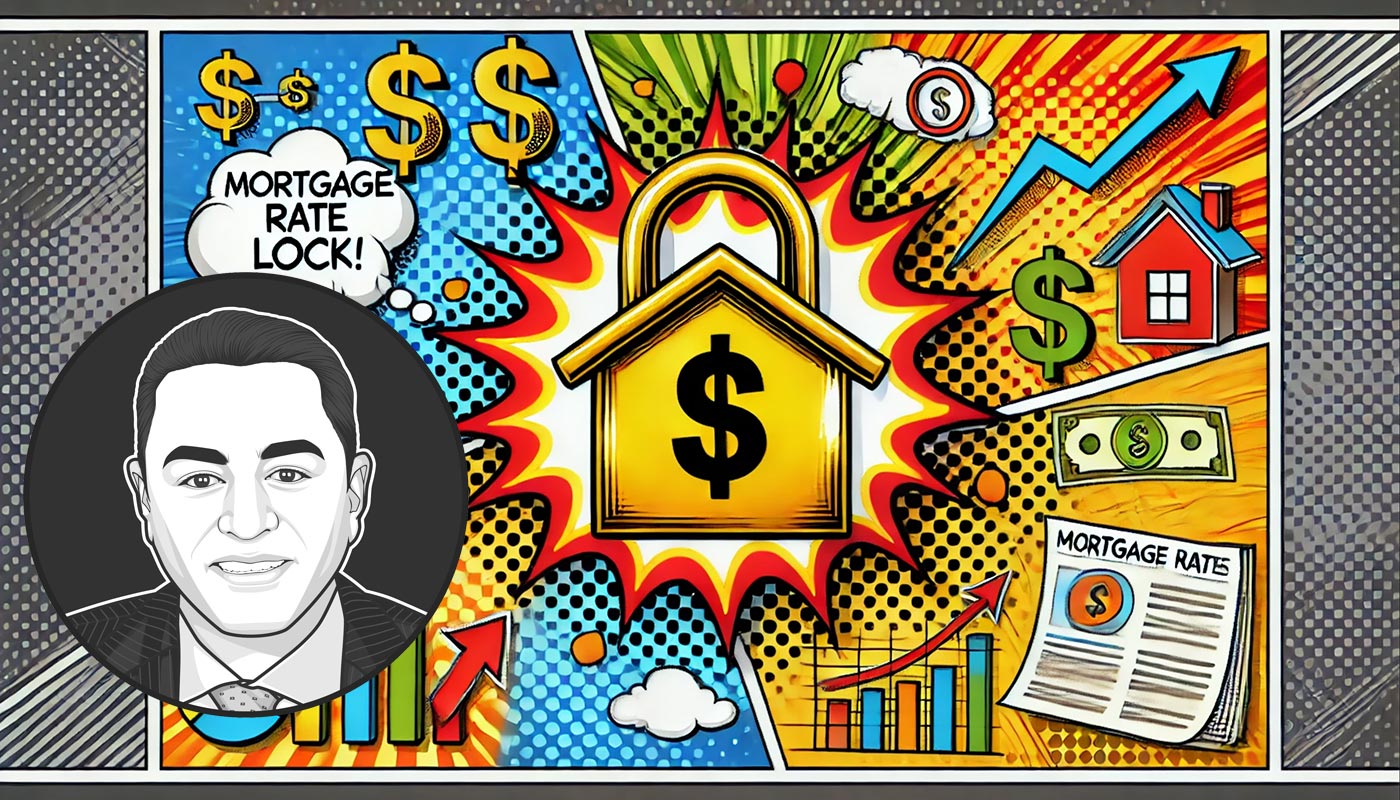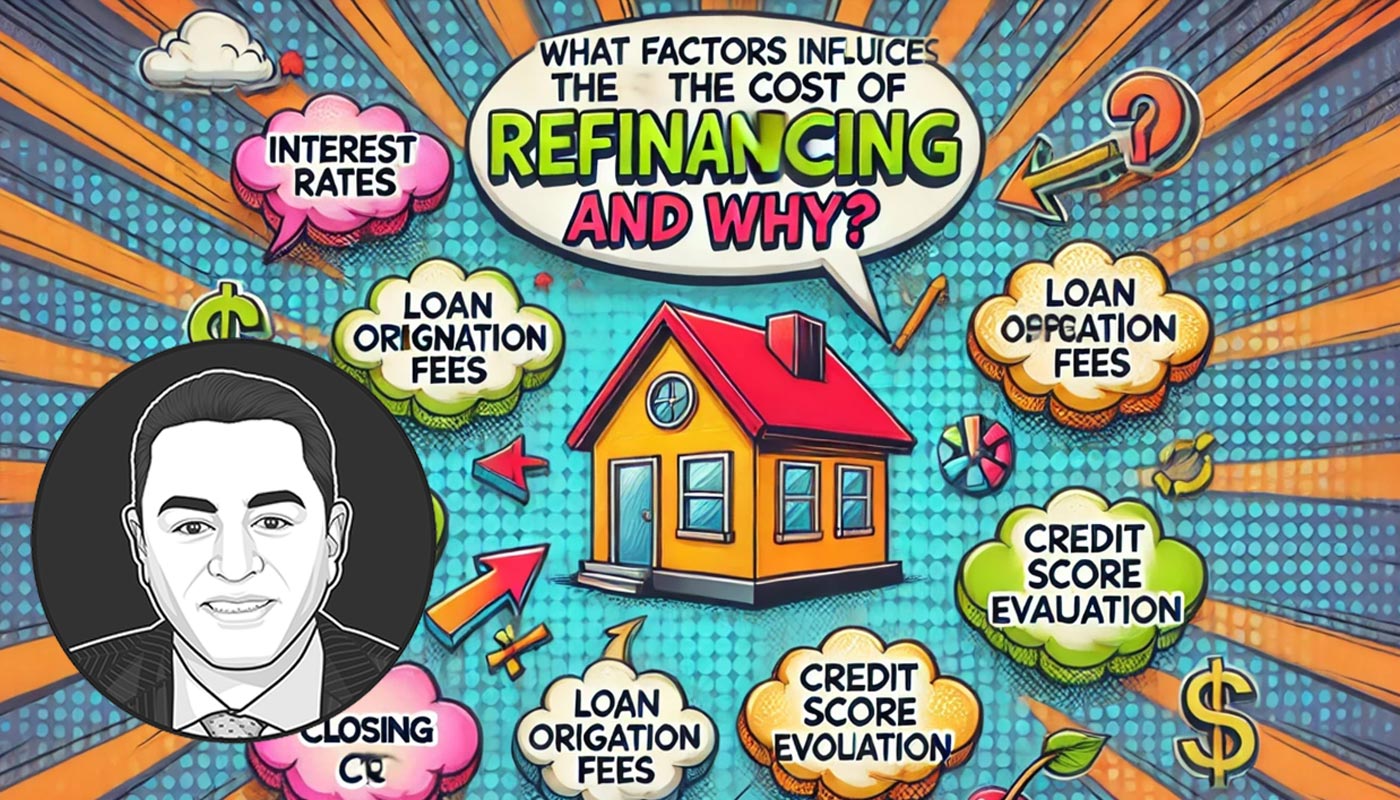A rate lock is an agreement between you and your lender that secures your interest…
A look at the current mortgage interest rate situation and its impact on homeowners
The interest rate on a mortgage is an essential component of home-buying, as it significantly affects the home’s affordability and long-term financial obligations. An in-depth understanding of these rates, their current trajectory, and the implications for homeowners is crucial to making informed decisions regarding this significant financial commitment.
How Mortgage Interest Rates Determine Your Borrowing Costs
You must consider mortgage interest rates when borrowing money to buy a house. Taking out a mortgage requires you to repay the lender the loan amount plus a fee for using their funds. The interest rate is this fee’s annual percentage rate (APR). Your mortgage payment and total cost are directly affected by your interest rate. When it comes to home financing options, understanding interest rates is essential.
Current Trends in Mortgage Interest Rates
In recent months, mortgage interest rates have fluctuated. After reaching a 20-year high in late October 2022, rates have declined slightly but remain higher than in previous years. As of the first week of July 5th, 2024, the average 30-year fixed mortgage rate hovered below 7%.
Several factors influence these fluctuations, including:
- Inflation: Over time, inflation reduces the value of money. The Federal Reserve often raises interest rates to counteract inflation.
- Economic Growth: Strong economies lead to higher interest rates as lenders are more confident that borrowers will repay their loans.
- Bond Market: Mortgage rates are often linked to Treasury bond yields. When bond yields rise, mortgage rates increase as well.
How Interest Rates Impact Homeowners
Homeowners are affected by the current interest rate environment in the following ways:
When interest rates are high, homes become less affordable, mortgage payments increase, some buyers are forced out of the market, and their options are limited.
- Refinancing: As interest rates rise, refinancing may become less attractive since some homeowners cannot get a lower rate.
- Home Equity: Homeowners with adjustable-rate mortgages will experience an increase in monthly payments and a decrease in equity as rates rise. New home equity loans will be more expensive because of the higher rates.
- Housing Market: A higher interest rate can slow the housing market, resulting in lower sales.
Here are some tips for navigating the current rate environment
Homeowners and potential buyers can benefit from these tips in the current interest rate environment:
- Shop around: You should consult multiple lenders to find the best rates and terms for your specific scenario.
- Consider a shorter loan term: You can save money over time by opting for a 15-year fixed-rate mortgage with lower interest rates than a 30-year fixed-rate mortgage.
- Lock in your rate: When you find a reasonable rate, lock it in to avoid later rate increases.
- Find out about down payment assistance programs: Even with higher interest rates, these programs can make homeownership more affordable.
- Consult a licensed loan officer or mortgage broker: A licensed loan officer or a mortgage broker can help determine the best mortgage option.
Anyone involved in the housing market needs to understand mortgage interest rates. Staying informed about what is happening and its potential impacts will allow you to make informed homeownership decisions.




